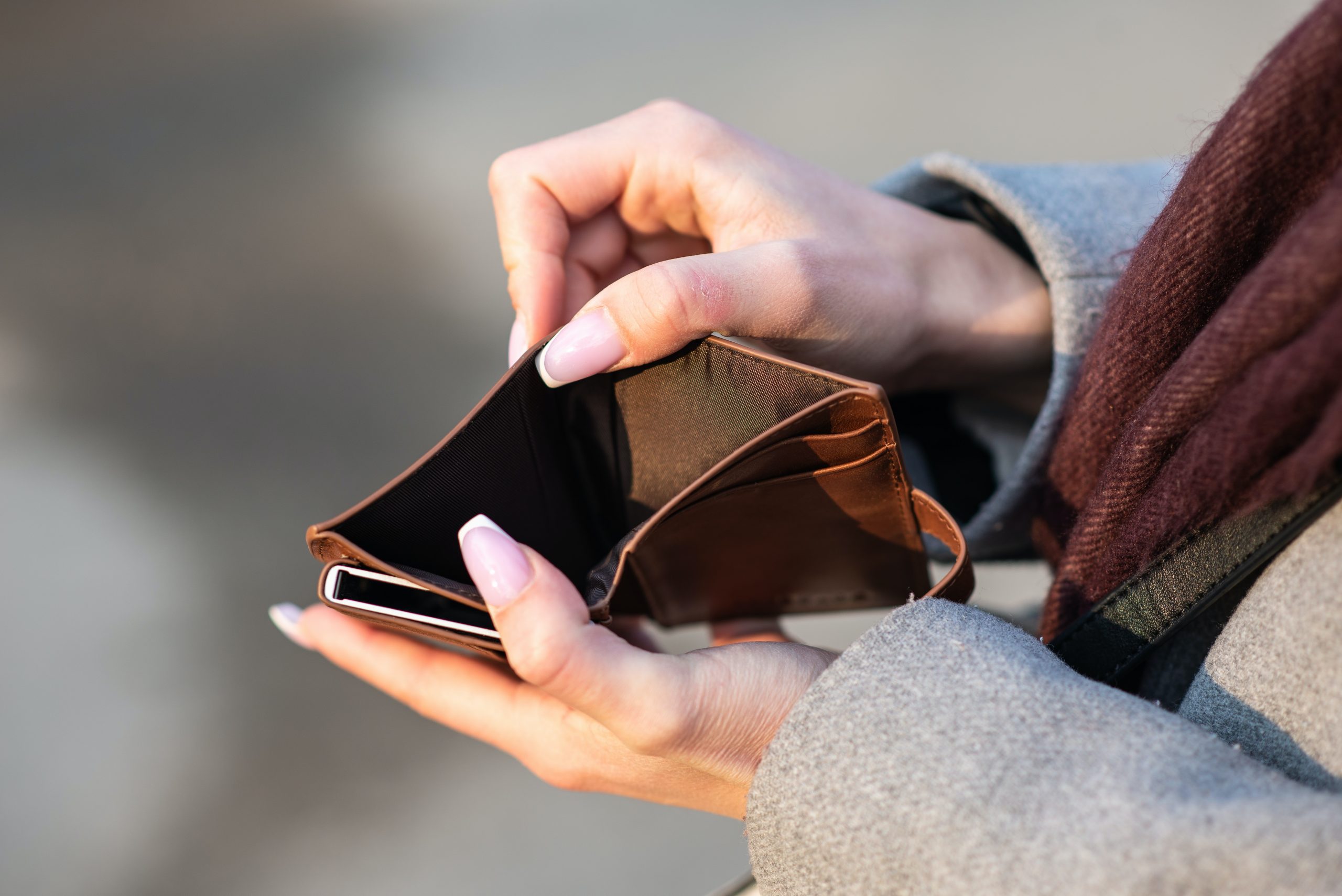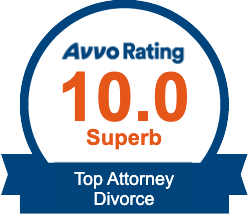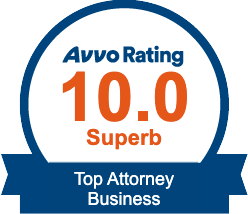When it comes to consumer scams, an ounce of prevention is worth a pound of cure…because likely there may be no cure at all if you fall victim to an internet or telephone scam. You could possibly be able to recover your money but chances are that the scammer is long gone and you’ll never recover a dime, so it is best to prevent it in the first place by knowing the signs.
One indication of a possible scam is the requested payment method a scammer asks for. If an individual asks for payment by gift card (and is not the retailer), reloadable credit card, sending cash through the mail, or a money transfer through an agent such as Western Union, this should greatly increase concerns about the legitimacy of the transaction as this is highly likely to be a scammer. Another red flag is if a business you have not communicated with or done business with before contacts and requests your bank account information, such as account number and routing number, you should not provide. If a company you do business with calls do not give out any information, as this too is most likely a scam. BEWARE when ANY company calls to request personnel information over the phone.
An additional sign to watch out for is the method used to scam. A recent scam involves a payment first being made to you, then having you make a lesser payment back to the scammer. An example of this is you list an item for sale on Craigslist for $100, an individual contacts you saying they want it and are mailing payment, then they reach back out stating they accidently sent a check for $200 for it, and for your time, you can retain an additional $20 but please return $80 (often by money order, wire transfer, or some other form of quick payment). Many consumers do not realize that when they deposit the $200 check into their account, the account will state the $200 funds are available, but this does not mean the check has cleared and is legitimate (this process could take a week or more). Since the consumer believes the funds have cleared because they are available, they’ll send a payment for $80 to the scammer, then days later the bank will reverse the $200 transaction and chargeback to the consumer’s account as allowed by federal law, therefore the consumer is out $80 and the scammer cannot be located.
One of the safest forms of payment to use for internet and telephone transactions is a credit card as there are consumer protections and rights associated with credit cards set forth in federal law. Credit card payments should only be made if you initiate the transaction or purchase. If credit card payment is an option it should be used, and it should raise concerns if an internet or telephone transaction did not offer it as an option.
Although it is best to prevent being scammed in the first place as your chances of recovery are pretty low, if you have been scammed, below are a few resources you can reach out to in hopes of seeking some type of recovery.
Submit a complaint | Consumer Financial Protection Bureau (consumerfinance.gov)
Derek Luster
Attorney at Law






